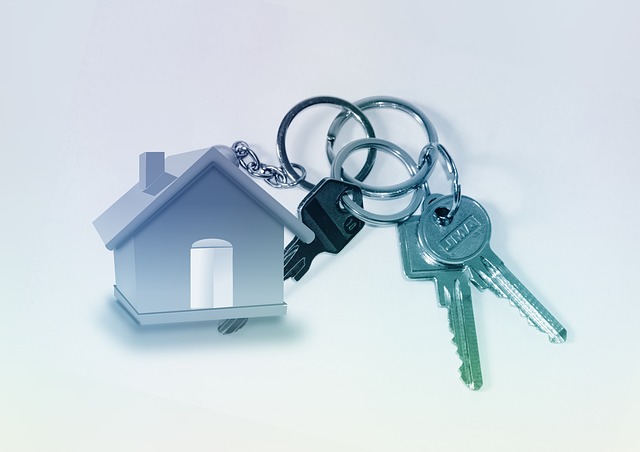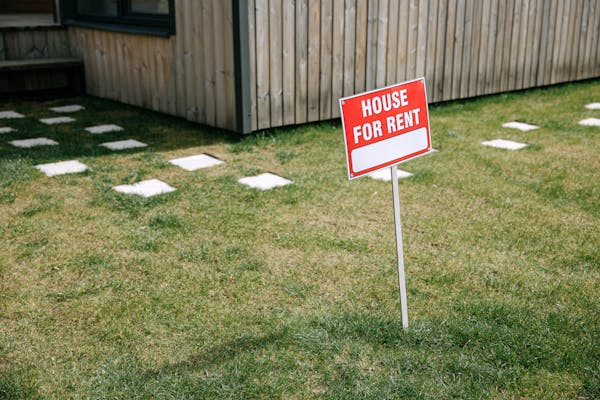
Buying a rental property can be a great way to grow your wealth, create a reliable income stream, and build financial security over the long term. However, buying a rental property requires careful planning, research, and a clear understanding of the market. If you’re thinking about becoming a landlord, here are some essential factors to consider to make a wise investment decision.
1. Research the Market Thoroughly
Before making any investment, start with a comprehensive understanding of the real estate market in your desired location. Research neighborhood trends, local property values, and the demand for rentals in the area. Analyze vacancy rates and rent prices in similar properties. A good location with high demand will help ensure you have a steady stream of tenants and more stable rental income. It can also lead to higher property value appreciation over time.
Key Questions to Ask
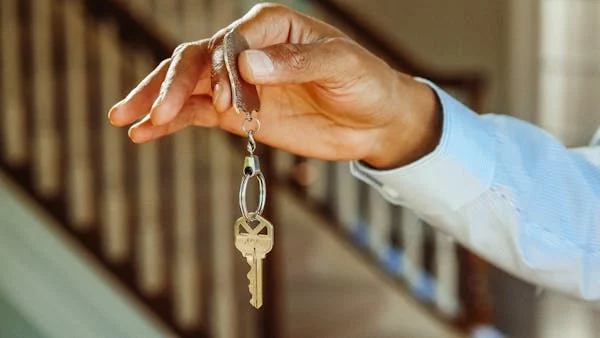
- Are property values in the area going up or down?
- What are the average rental rates for properties like yours?
- How competitive is the rental market?
2. Calculate Potential Returns and Costs

To determine whether a rental property is worth the investment, calculate the property’s cash flow and potential return on investment (ROI). This requires estimating your monthly rental income and subtracting expenses such as mortgage payments, taxes, insurance, maintenance, and potential vacancy costs. A property with a positive cash flow, meaning the rental income exceeds expenses, is ideal. To get a clear picture, create a cash flow analysis and calculate your expected ROI.
Key Expenses to Consider:
- Mortgage payment
- Property taxes
- Homeowner’s insurance
- Utilities (if you plan to cover them)
- Regular maintenance and emergency repairs
- Property management fees (if applicable)
3. Choose the Right Location
Location is one of the most important factors that impact the value of a rental property. Look for a location with high rental demand, proximity to schools, public transportation, and local amenities like grocery stores and parks. A property in a desirable location will likely attract reliable tenants and command higher rent.
Tips for Choosing a Good Location:

- Look for neighborhoods with low crime rates and good schools.
- Explore areas with high job growth or planned infrastructure projects.
- Check for access to amenities and public transportation.
4. Explore Financing Options
Obtaining financing for a rental property differs from financing a primary residence. Rental property mortgages often require a larger down payment (typically 20-30%) and may come with higher interest rates. Make sure to review your credit score and compare mortgage options from multiple lenders to find the best rates.
Key Considerations for Financing:
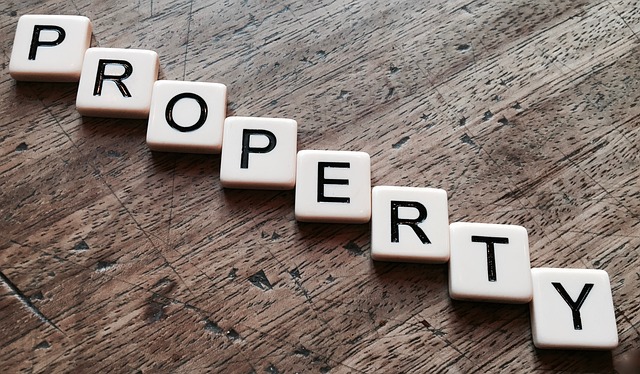
- Higher down payment requirements Interest rates that may be slightly higher than primary residence loans
- Additional requirements for investment properties
5. Budget for Maintenance and Unexpected Repairs
Rental properties require regular upkeep and sometimes unexpected repairs. Set aside a portion of your monthly rental income for maintenance costs, such as landscaping, minor repairs, and property upkeep. Many investors set aside 1-2% of the property’s value annually for maintenance. Having a dedicated emergency fund is also a smart way to cover unexpected issues like plumbing or appliance repairs.
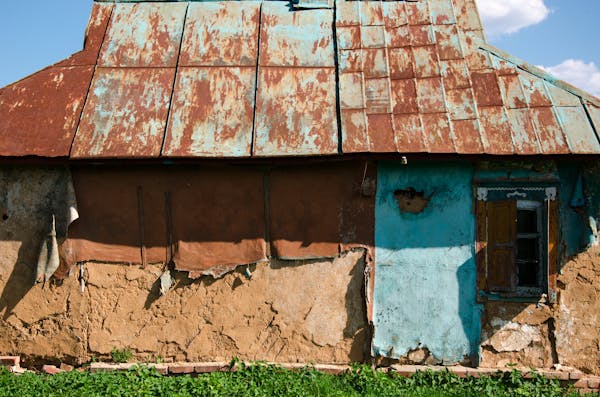
Examples of Routine Maintenance:
- Painting and minor repairs between tenants
- Landscaping and exterior upkeep
- HVAC, plumbing, and electrical system maintenance
6. Decide on Self-Management vs. Property Management
Managing a rental property yourself can save on costs, but it also requires time and effort. You’ll need to handle tenant inquiries, maintenance requests, rent collection, and possibly evictions. If you’re not prepared to take on these responsibilities, hiring a property management company may be worth the investment. They usually charge a percentage of the monthly rent but take care of day-to-day operations, freeing you up from direct management.
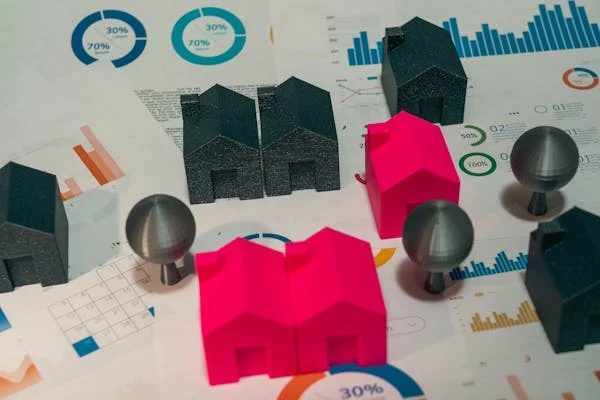
Pros and Cons of Property Management:
- Pros: Professional handling of tenant relations, 24/7 maintenance support, reduced time commitment.
- Cons: Management fees that can range from 8-12% of monthly rent, less personal oversight.
7. Learn About Local Landlord-Tenant Laws
Understanding landlord-tenant laws is crucial for managing a rental property. These laws vary by state and cover key areas like lease agreements, eviction processes, security deposits, and tenant rights. Adhering to these laws protects you legally and helps you manage tenant relationships responsibly.
Key Areas to Review:
- Tenant rights and eviction policies
- Guidelines for security deposits and rent adjustments
- Maintenance and repair responsibilities
9.long term investment
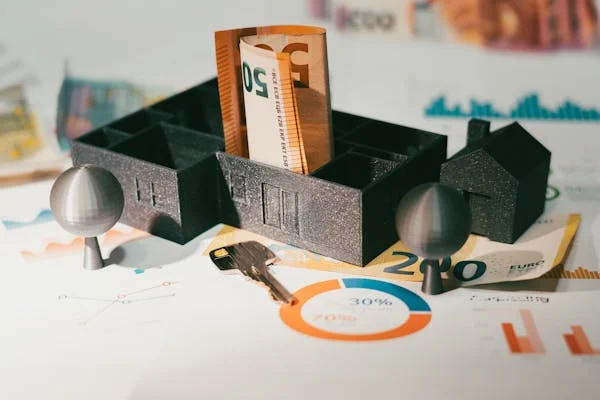
Real estate is generally a long-term investment, and rental properties are no exception. Be prepared for fluctuations in the housing and rental markets, as property values and rental rates can vary over time. It’s essential to take a long-term view and be patient, as profits from rental income and property appreciation often accumulate gradually.
Long-Term Considerations:
- Market cycles and property appreciation trends
- Potential future renovations to increase property value
- Changing rental demand due to local development or economic shifts
9. Ensure Adequate Insurance Coverage

Landlord insurance is essential to protect your investment and cover potential risks.Along with coverage for property damage, landlord insurance typically includes liability protection, which can help pay for medical and legal expenses if a tenant or visitor is injured on the property. Review your options and consider additional coverage, like flood or earthquake insurance, based on the property’s location.
Types of Coverage to Consider:
- Property and building coverage for repairs or replacement
- Coverage for injuries to tenants or visitors
- Compensation for lost rental income if the property is uninhabitable
10. Assess the Property’s Condition
A thorough inspection before buying is essential to understand the property’s condition and uncover any hidden issues. Hiring a professional inspector can help you identify problems like foundation cracks, outdated electrical systems, or water damage that could require costly repairs later.Resolving these issues before buying can save you time and money.
Key Areas for Inspection:
- Roof, foundation, and structural integrity
- Electrical, plumbing, and HVAC systems
- Appliances, flooring, and windows

Conclusion: Is Rental Property Right for You?
Investing in rental property can be a highly rewarding way to build wealth and create a stream of passive income, but it requires careful planning, time, and a clear understanding of the responsibilities involved. By researching the market, evaluating the property’s potential, and preparing for the challenges of being a landlord, you can make a more informed decision and set yourself up for success.
If you’re ready to take the plunge, approach the process with patience and diligence—good investments are often made with careful thought and planning, not impulse.
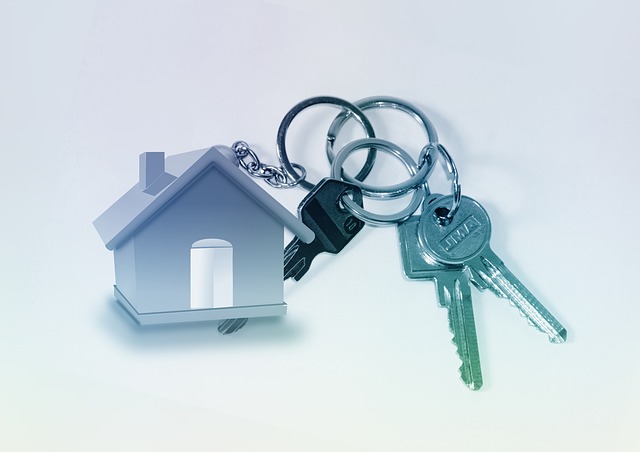
FAQS
FAQs for Buying Rental Property
1. What is the first step in buying a rental property?
The first step is to assess your financial situation and secure financing, which may involve getting pre-approved for a mortgage.
2. How do I determine if a rental property is a good investment?
Evaluate the property’s location, condition, potential rental income, operating expenses, and overall return on investment (ROI) through metrics like cash flow and capitalization rate.
3. Should I hire a real estate agent when purchasing rental property?
While not mandatory, hiring a real estate agent with experience in investment properties can provide valuable insights and help navigate negotiations.
4. What are common financing options for rental properties?
Common options include conventional mortgages, FHA loans (if applicable), private lenders, or using cash if you have enough savings.
5. How much should I expect to pay in closing costs when buying rental property?
Closing costs typically range from 2% to 5% of the property’s purchase price and can include fees for appraisal, inspections, title insurance, and more.
6. What legal considerations should I be aware of as a landlord?
Familiarize yourself with local landlord-tenant laws regarding leases, security deposits, eviction processes, and habitability standards to ensure compliance.
7. How can I find reliable tenants for my rental property?
Advertise on multiple platforms such as online listings or social media; screen applicants thoroughly by checking credit reports, background checks, and references.
8. What ongoing expenses should I budget for after purchasing a rental property?
Budget for maintenance costs, property management fees (if applicable), insurance premiums, taxes, utilities (if included), and any necessary repairs or upgrades.
